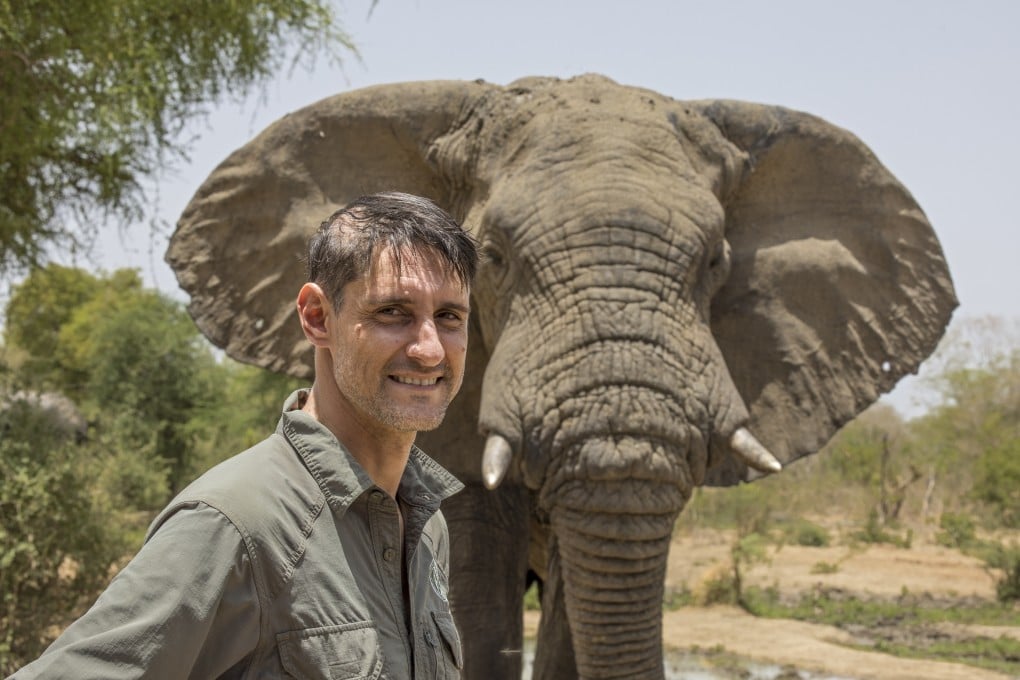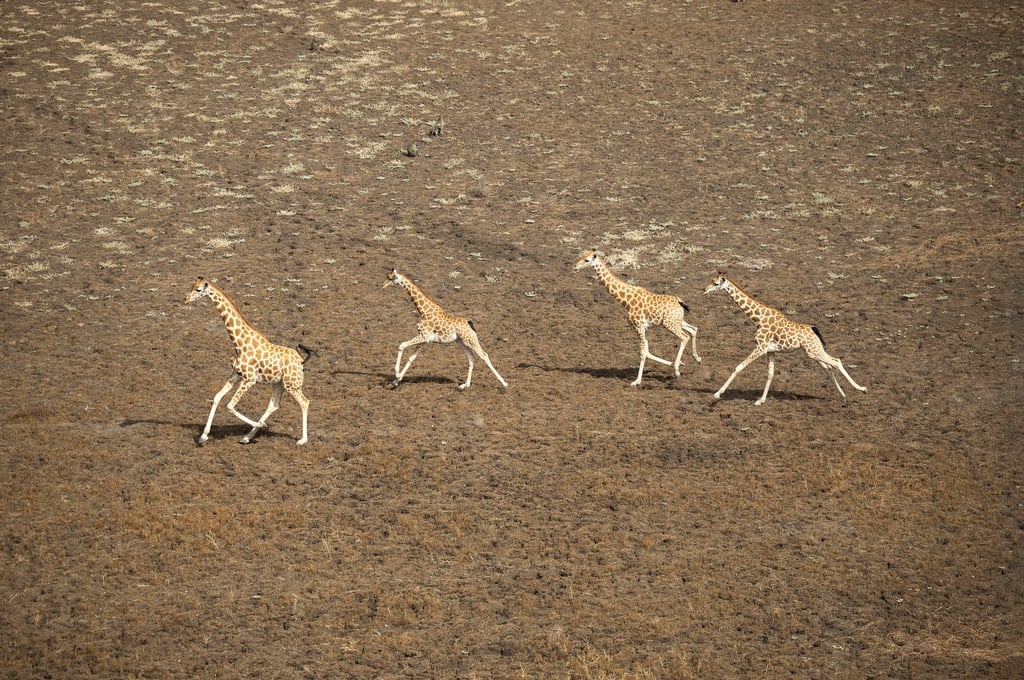How Chad’s Zakouma National Park became a safe haven for threatened wildlife and a must-visit safari destination
- Fewer than 15 years ago, the animals in Zakouma National Park were under serious threat from poaching. Today, the only shooting done is with cameras

The two-seater plane has hardly taken to the air when eagle-eyed South African pilot Chris Whitfield spots a large herd of Kordofan giraffe, kicking up dust as they gallop across a scrubby plain below.
To be fair, it’s hard to mistake Zakouma National Park’s most emblematic wildlife species – or rather subspecies – given their size, two-tone mottled skin and peculiar rocking stride.
Here, in the southeastern corner of Chad, there was once a time when these majestic animals would have run from poachers in the same way. Today, the only shooting being done is with a camera.
Between 2002 and 2010, armed raiders on horseback – many from across the border with Sudan – took advantage of regional instability to repeatedly ransack Zakouma, plundering its natural resources and terrorising its communities.

The park’s elephant population, which had already declined from 22,000 in the 1970s to 4,500 in 2002, dropped by more than 90 per cent, with nearly 4,000 individuals wiped out. Other species, such as Kordofan giraffes and rhinos, were also widely slaughtered.
“Zakouma was in a pretty bad way,” admits Naftali Honig, an American who works as general manager of the Greater Zakouma Ecosystem for African Parks, a non-profit organisation that manages 22 parks across the continent. “But nature is resilient and will rebound if you give it the chance.
